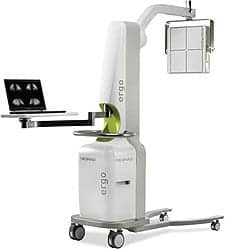 |
On April 24, the US Senate passed the Genetic Information Nondiscrimination Act (GINA) by a vote of 95 to 0. If approved by the House and signed into law by President Bush, this long-awaited legislation will give Americans the protection they need to fully benefit from the wealth of genetic information becoming available as a result of the Human Genome Project. Passage of the act signifies a milestone on the road to an era of personalized medicine, in which patients and physicians can assess therapeutic and preventive strategies based on a detailed understanding of an individual’s own genetic makeup and predisposition to disease—information that should be strictly confidential to such discussions.
The attributes encoded in a person’s DNA—their predisposition to disease, potential for drug interactions, or likelihood of benefiting from particular treatment regimens—cannot be changed at will. Unlike choosing to drive carefully, genetic traits are not subject to change based on individual choice and therefore should not be subject to discrimination by employers or insurance carriers.
GINA is specifically designed to protect individuals from discrimination based on this critical—and personal—genetic information, on issues pertaining to health insurance coverage and employment. It offers important additional protections not covered under HIPAA, enacted in 1996. In particular, GINA limits the collection of genetic information by insurers and prohibits insurers from requiring an individual to take a genetic test. These are important safeguards in ensuring individual genetic privacy.
The Senate passed a similar act in 2003 by a vote of 95 to 0, but an identical bill was never introduced or passed in the House and the bill did not become law. Protection of genetic privacy is therefore long overdue, and hopefully by the time this issue appears in print, GINA will have been signed into law. The implications for the diagnostics industry should be profound, as it opens the way for individual genetic testing without fear of penalty. It will be very exciting to watch medical practice transform during the upcoming era of personalized care.
As always, I welcome your thoughts on trends in the industry, both in POC and consumer marketing, as well as in other issues. Please contact me at , and continue to send news releases to . Thanks for your input.
Suzanne Clancy




